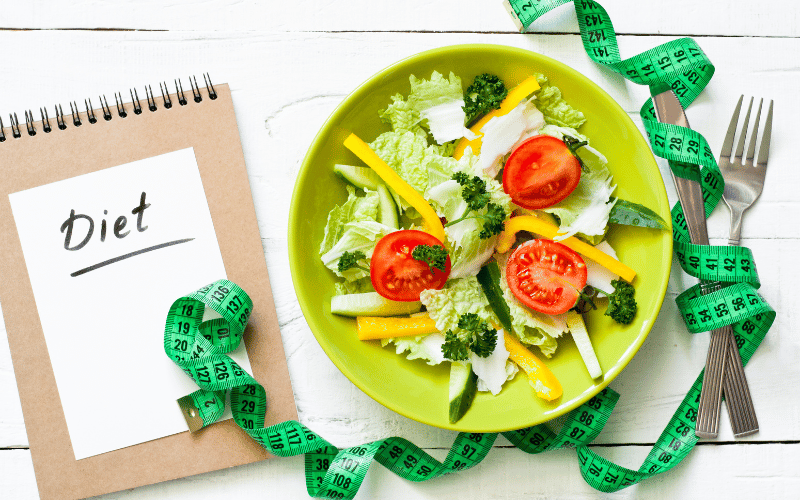Fact 7: The Dietary Changes

Diet isn’t just about nourishment; in the context of gastroparesis, it’s a potent tool for symptom management. The primary challenge here is digestion. Hence, dietary modifications are often the first line of defense against the disorder’s symptoms.
Raw foods, while nutritious, can sometimes be too challenging for a stomach grappling with gastroparesis. The solution? Opting for softer, thoroughly cooked alternatives. The idea is to reduce the digestive load, making the process smoother and less symptom-inducing. Fibrous foods, despite their health benefits, might also be sidelined due to their propensity to linger in the stomach.
Fats, particularly the saturated variety, can be double-edged swords. On one hand, they’re essential for health. On the other, they can decelerate digestion. Striking a balance becomes crucial. Reducing fat intake, especially from fried or greasy foods, can alleviate some of gastroparesis’ symptoms. Similarly, while fiber is beneficial, its excessive presence can be problematic, leading to its careful moderation. (7)